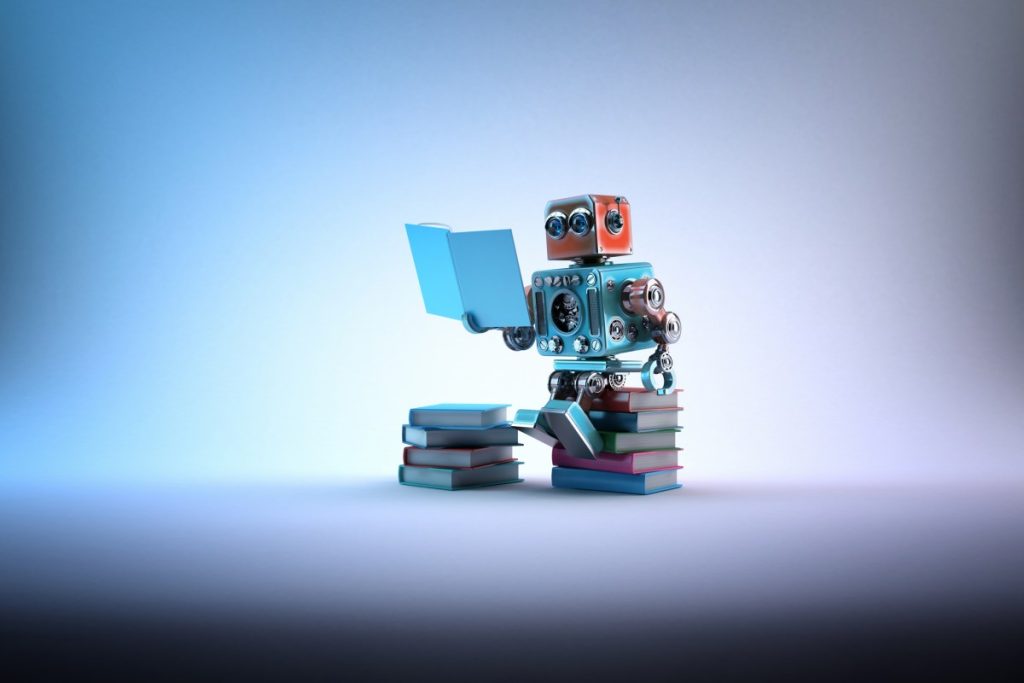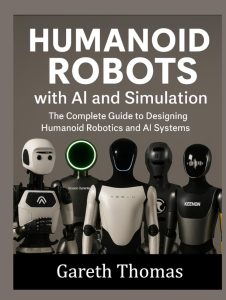Unveiling AI’s Reasoning Limits A Call for Innovation

AI’s journey towards replicating human-like reasoning is both thrilling and complex. A recent study highlights key challenges as AI models attempt to solve math problems, urging a reevaluation of our understanding of AI capabilities.
Amidst rapid technological advancements, AI’s reasoning abilities are under scrutiny. This analysis reveals crucial insights into how AI handles seemingly simple math tasks, prompting a reconsideration of its true reasoning skills.
The Challenge of AI Reasoning
In the exciting world of artificial intelligence, the ability of AI models to reason like humans is under the spotlight. A recent study challenges the perception that AI systems can think and reason as we do, especially when dealing with math problems. It invites us to reconsider our understanding of AI capabilities.
This research highlights the limitations of AI models, specifically large language models, in solving mathematical problems when introduced to irrelevant details. The study reveals how additional, non-essential information can dramatically impact their performance, questioning their true reasoning abilities.
Understanding the Research
Researchers from Apple shared insights into how AI models often fail when even a simple math problem is slightly altered with extraneous information. It demonstrates a crucial flaw in AI reasoning—one that is both a practical and philosophical concern.
The example provided, involving the calculation of kiwis, is a reminder that while AI can handle straightforward arithmetic, the introduction of unrelated data points can disrupt its decision-making process. It underscores the importance of distinguishing between learning patterns and genuine reasoning capabilities.
AI’s Fragility in Problem Solving
AI models exhibit significant fragility, as highlighted by the study. Researchers found that performance deteriorates as the complexity of a question increases. This finding sheds light on the current limitations of AI technology.
The models attempt to replicate observed reasoning steps rather than execute logical reasoning. This observation is a critical reminder that AI, despite its advancements, still has a long way to go before it matches human cognition.
As AI continues to evolve, understanding these limitations will be key. They are not only challenges but also opportunities to improve and refine the reasoning capabilities of AI models.
Expert Perspectives
Experts in the field of AI research are actively discussing these findings. While some researchers commend the insights gained, others believe that improvements in prompt engineering might address some observed failures.
OpenAI researchers suggest that AI models can potentially achieve correct results through refinement and better prompting, though they also acknowledge the complexity of this task. This dialogue highlights the ongoing exploration and development in AI reasoning.
The debate continues, inviting us to ponder if AI reasoning is simply different from human reasoning, which we are yet to fully understand.
Despite challenges, the potential for AI’s reasoning capabilities is vast. The exploration of AI’s limitations opens doors to innovation and advancement. By identifying areas for improvement, researchers can push the boundaries of what AI can achieve, focusing on refining and enhancing AI models to better mimic human reasoning in the future.
The journey to understanding AI’s reasoning ability is both a challenge and an opportunity. With continued research, collaboration, and innovation, the goal of developing AI models that can reason effectively is within reach. This ongoing effort will shape the future of how AI integrates into our lives, fostering a better understanding of the technology’s capabilities and limits.
Future Implications
The implications of these findings are far-reaching, particularly as AI becomes more integrated into daily life. Understanding its limitations can guide future applications, ensuring reliability and minimizing errors.
As technology advances, continual research and feedback are essential to refine AI systems. This process not only improves performance but also builds trust and acceptance in AI-driven solutions.
A Call to Action
This research serves as a call to action for innovators and developers to address current challenges in AI reasoning. By focusing on improving reasoning capabilities, the potential benefits to society can be immense.
The study inspires a vision for AI that not only excels in computational tasks but also mirrors human-like reasoning, paving the way for more intuitive and reliable technology.
As we explore AI’s potential, acknowledging its limitations is crucial. These findings inspire innovation, pointing towards enhanced AI models that can reason like humans.
The road to advancing AI reasoning is both challenging and promising. Continued research and collaboration will pave the way for AI systems that better mimic human thought.





